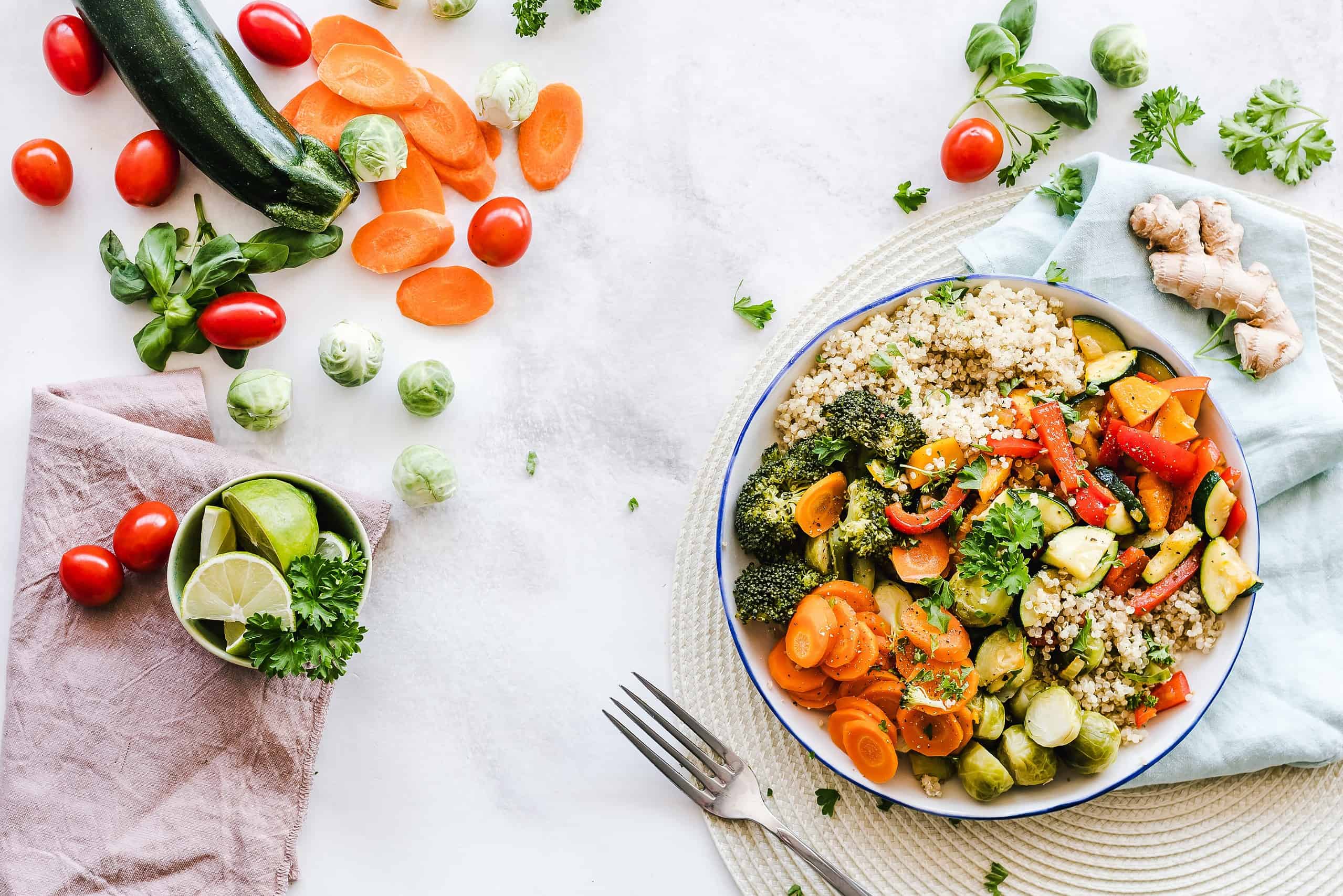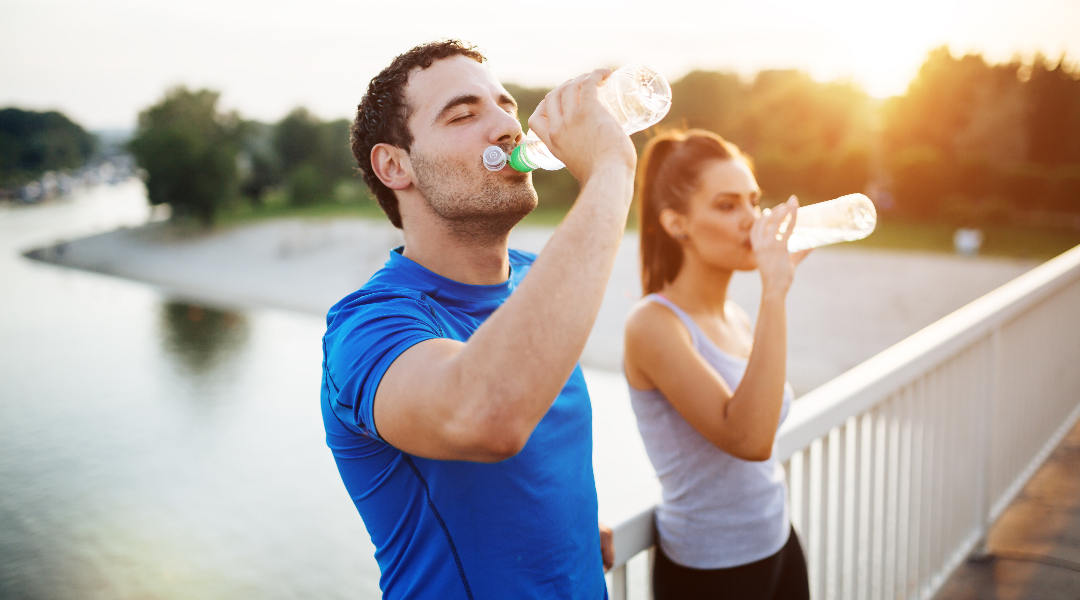
The Basics of a Balanced Diet for Fitness Enthusiasts
A balanced diet is essential for fitness enthusiasts who want to optimize their performance, build muscle, and recover effectively after workouts. The right combination of nutrients ensures that the body has the energy it needs for exercise and supports recovery and long-term health. Whether you’re lifting weights, running, cycling, or doing yoga, understanding the basics of a balanced diet is crucial for achieving your fitness goals. Here’s a breakdown of the key components of a fitness-focused balanced diet.
1. Carbohydrates: The Primary Energy Source
Carbohydrates are the body’s main source of energy, especially during exercise. When you consume carbs, your body breaks them down into glucose, which is stored in the muscles as glycogen. This glycogen is then used as fuel during physical activity.
There are two main types of carbs:
- Simple Carbohydrates: Found in fruits, vegetables, and dairy, these carbs are quickly digested and provide fast energy. They’re great for quick energy replenishment post-workout.
- Complex Carbohydrates: Found in whole grains, legumes, and starchy vegetables, these are digested more slowly and provide sustained energy throughout your workout.
For fitness enthusiasts, it’s important to focus on complex carbohydrates for long-lasting energy, while simple carbs can help replenish glycogen stores after intense training.
2. Proteins: Building Blocks for Muscle Repair
Protein is essential for muscle repair and growth. After intense workouts, muscle fibers experience tiny tears that need to be repaired, and protein plays a key role in this process. Consuming enough protein helps the body rebuild and strengthen muscle tissue.
Great sources of protein include:
- Animal-based proteins: Chicken, turkey, lean beef, fish, eggs, and dairy products like Greek yogurt.
- Plant-based proteins: Tofu, tempeh, beans, lentils, and quinoa.
Fitness enthusiasts should aim to consume protein with every meal and snack. A general guideline is to aim for about 1.2–2.0 grams of protein per kilogram of body weight, depending on the intensity of your activity.
3. Healthy Fats: Supporting Recovery and Hormonal Balance
Healthy fats are important for energy, hormone production, and inflammation control. They support cell function and help absorb fat-soluble vitamins like A, D, E, and K, which are important for overall health and recovery.
Sources of healthy fats include:
- Unsaturated fats: Olive oil, avocado, nuts, seeds, and fatty fish like salmon.
- Saturated fats: Found in moderate amounts in meat, cheese, and coconut oil, but should be consumed in moderation.
Healthy fats can help reduce post-workout inflammation and promote muscle recovery.
4. Hydration: Essential for Performance and Recovery
Staying hydrated is crucial for fitness enthusiasts. Water helps regulate body temperature, transport nutrients, and prevent dehydration, which can impair performance and recovery. Aim to drink plenty of water throughout the day, especially before, during, and after workouts.
Conclusion
For fitness enthusiasts, a balanced diet is the key to enhancing performance, building muscle, and recovering properly. Focus on incorporating a variety of nutrient-rich foods, including carbohydrates for energy, protein for muscle repair, healthy fats for recovery, and water for hydration. By fueling your body with the right nutrients, you’ll be able to maximize your fitness results and maintain long-term health.


